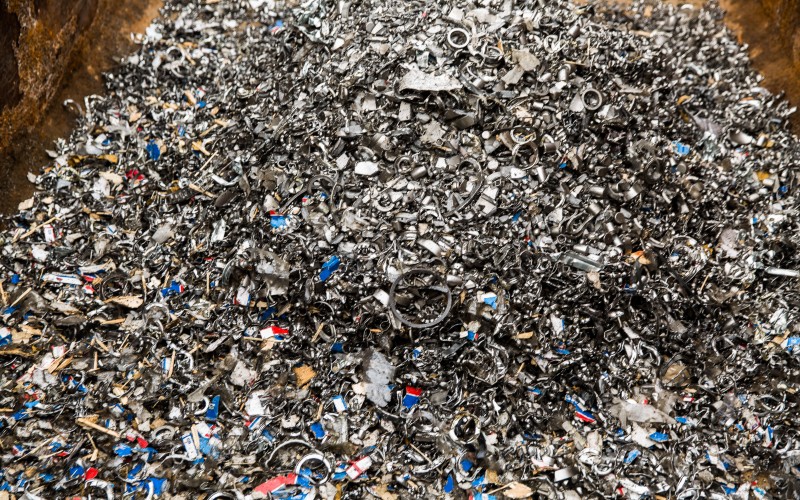Avoiding Bearings "Made in Wherever"
You can always tell when times are good in the automotive market due to the flurry of acquisitions, mergers and divestitures. As we are coming off a record 2016 in vehicle sales, many companies are flush with cash burning a hole in their billion-dollar pockets. There isn’t enough front-page space for the number of companies reporting record profits for 2016. Others, however, realize that if they didn’t see black in 2015-16, the writing is on the wall and it is likely time to start looking for a willing buyer ready to spend some new money on a discounted, struggling company.
As they say around here, “If you can’t beat ‘em, buy ‘em.”
In Detroit we saw some huge, industry-changing acquisitions, with AAM buying Metaldyne; Dana buying part of USM; and FCA looking for a buyer while GM is in THE process of dumping Opel. Many companies are doubling down on domestic manufacturing; meanwhile, Chinese companies continue to aggressively invest in U.S. markets.
All of this churn in the marketplace can make it tricky to differentiate the real competition from dotted line allies. As we deal with the Big 6 global bearing companies — Timken, SKF, NTN, NSK, JTEKT, Schaeffler — and an ever-increasing powerhouse — Nachi, along with the emerging Chinese behemoths ZWZ, LYC, HRB, TMB, Wanxiang, C&U and CW — you may be frequently left with the question of who exactly is doing what. Out of the thousands and thousands of bearing companies, (someone told me there were around 9,000 bearing companies in Ningbo China alone) only a small fraction is actually producing bearings. Indeed, the companies mentioned above produce well over 90% of the world’s bearings. Of course, many, many smaller bearing companies do produce their own products. In global terms however, those numbers make up a very small part of the market. Supporting this ~ $70 billion roller bearing marketplace are what I would call assemblers, partial manufacturers, resellers, re-branders and distributors.
Now, more than ever before, it is common for bearing companies to purchase components that are in the least bit unfavorable to the bottom line. In this incredibly competitive marketplace the public companies need to show profitability to keep the stock price stable. This often means that if they are faced with the option of producing a custom ring at a single digit or flat rate of return, they are likely to shop out the business to another manufacturer. These deals are usually kept very close to the vest for obvious reasons, a major one being that if you spent tens of millions of dollars in marketing to tell people that your product is the best, people expect it to be your product.
The point I am making is the need to hold your suppliers accountable. Often a large supplier will not tell you whom they are buying your components from, but you absolutely have the right to know where your parts are being manufactured. If you are paying top dollar for what you believe to be top quality steel from a top quality producer, you don’t need to be shy about asking questions. If you can’t get a plant tour of where your bearings are being manufactured, there is a good chance it is because they are buying it somewhere else. If they are buying cheaper offshore rings — and then finishing them in a high-priced manufacturing country so that they can stamp them with “Made in Wherever” — you have some work to do, my friend.
The original article can be found on: PowerTransmissions Blog
Darbar Company is one of Pakistan's leading distributor of various types of bearings. Check out our home page to see which brands of bearings we carry

